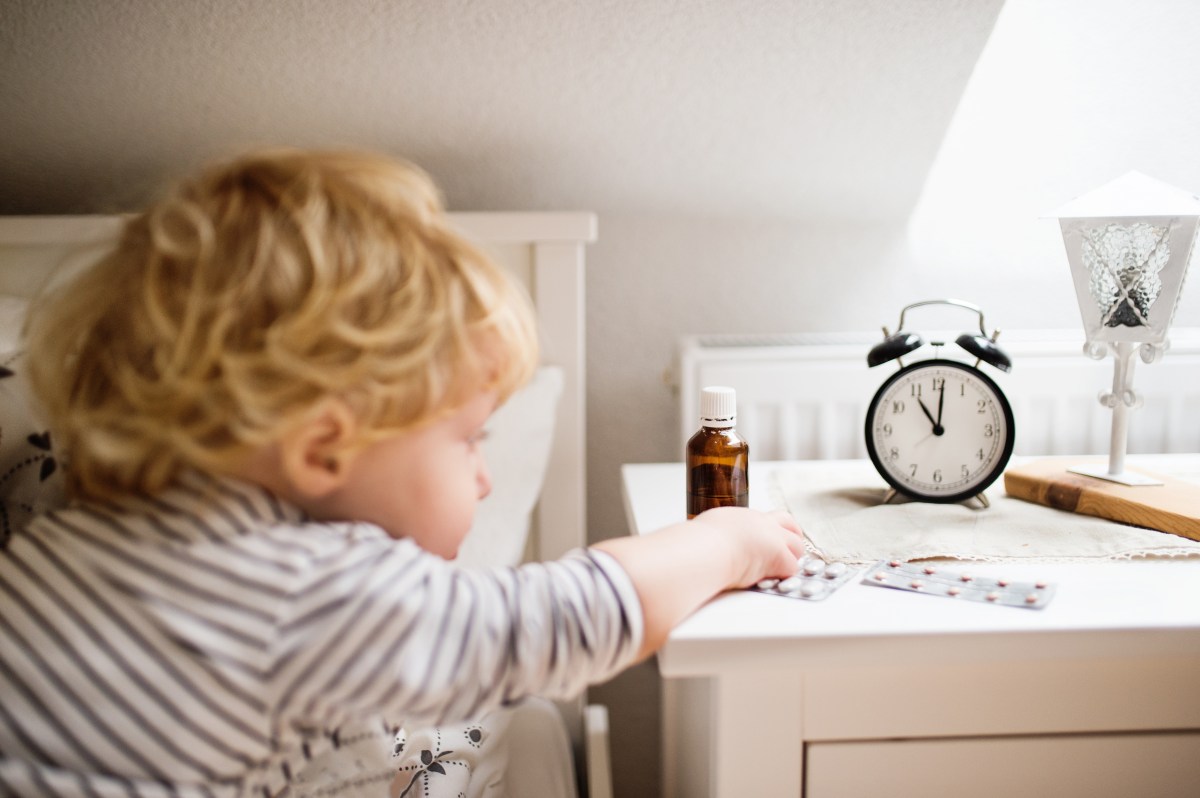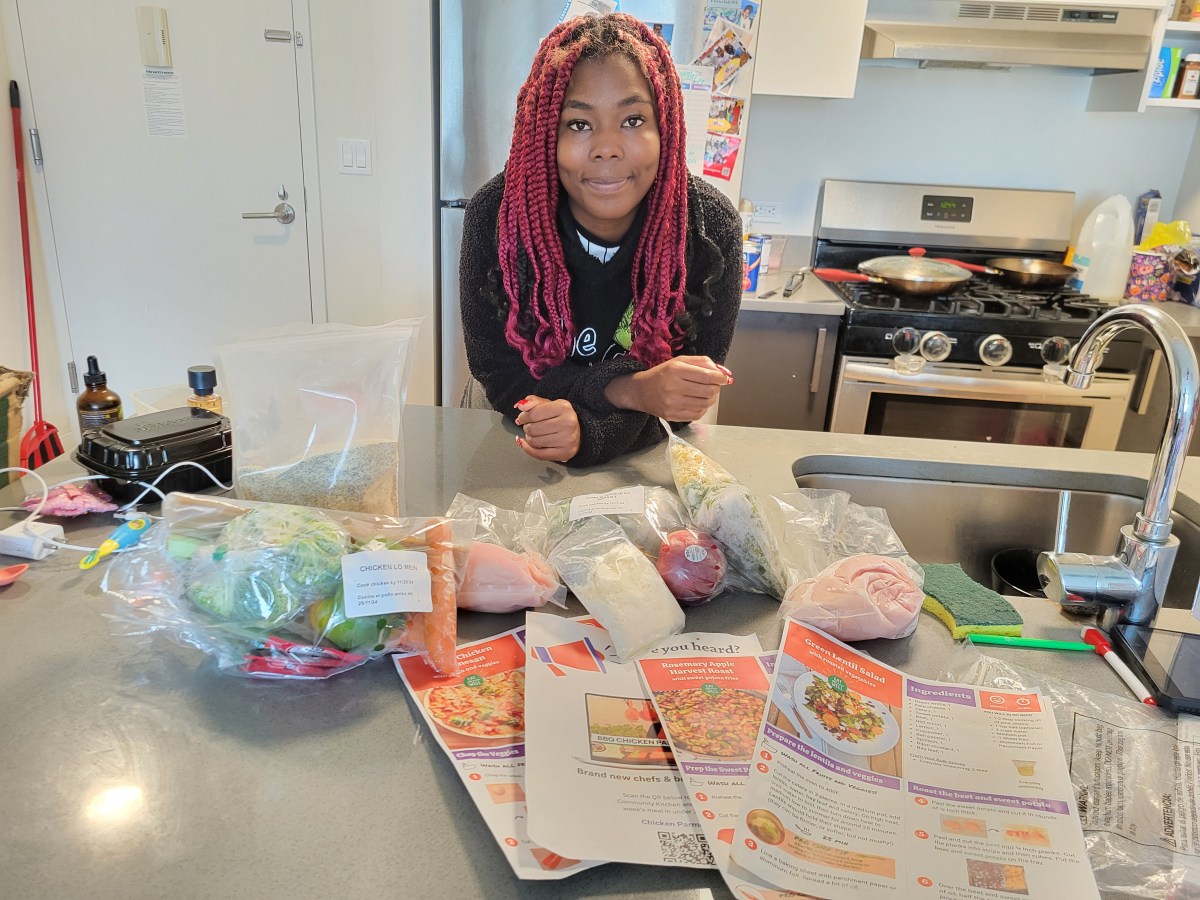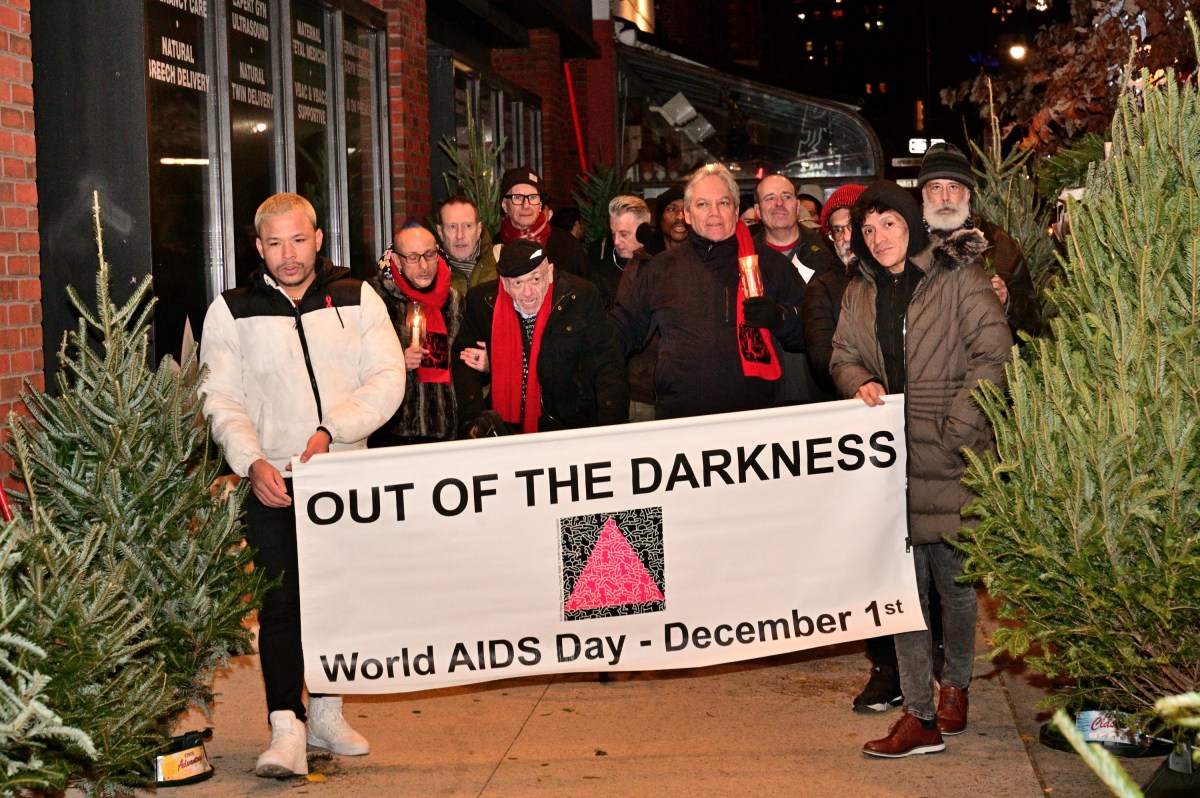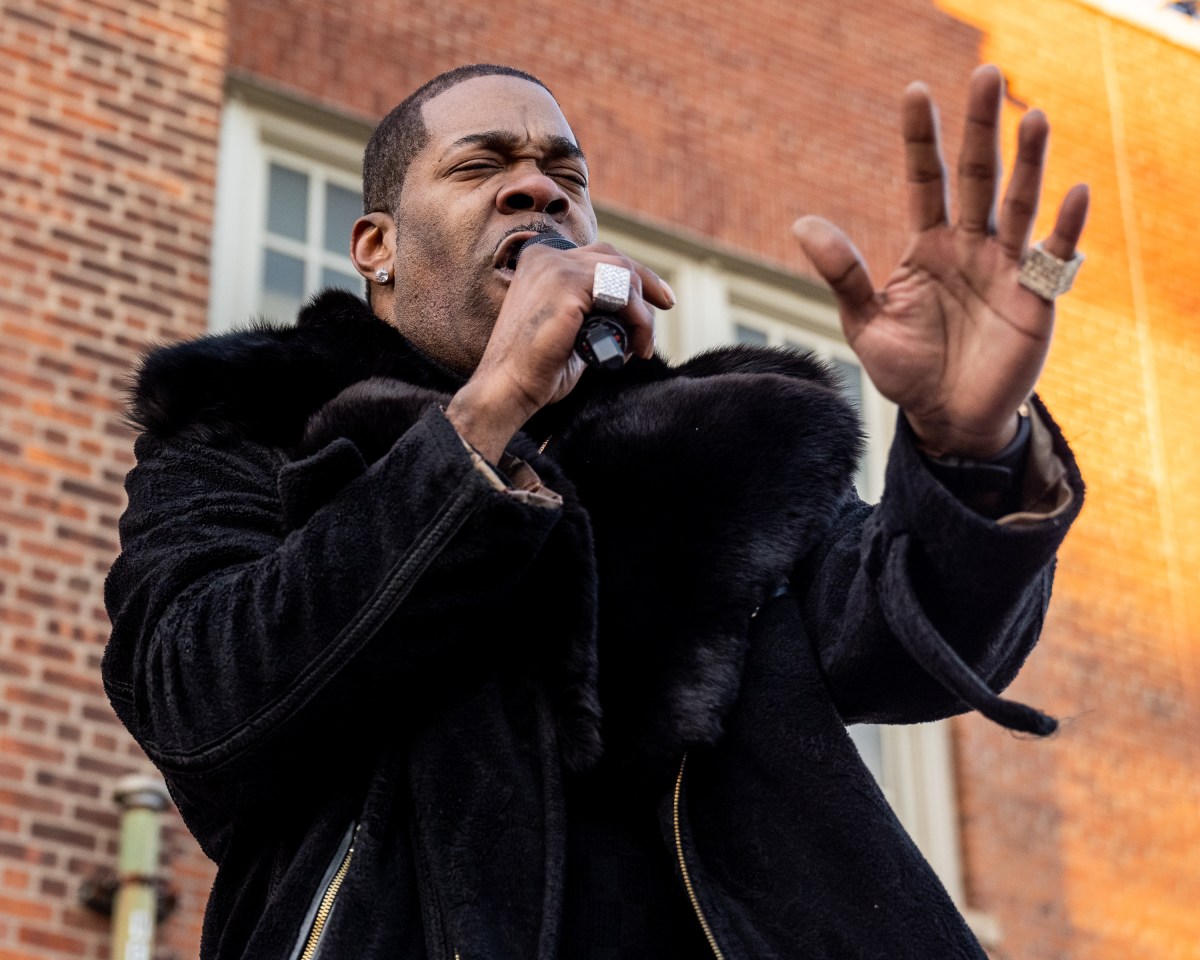As New York parents, most of us spend a lot of time thinking about how to keep our children safe when we’re out and about in the City. We teach our children to look both ways before crossing the street, play safely in the park, and be aware of the people around them. But there are items in our own homes we need to be equally vigilant about protecting our children from.
Each year, approximately 60,000 children go to the emergency room because of unintentional medication poisonings. Most of these visits (over 80%) were because an unsupervised child found and consumed the medication without adult supervision. As Commissioner of the NYC Administration for Children’s Services (ACS), last year I also raised awareness about the dangers of cannabis-infused edible products.
Just as we teach our children about street safety, I’m encouraging parents to keep children safe in the home by ensuring medications and other hazardous items are stored out of sight and reach of children. We all know, children will put almost anything in their mouths, especially items that look like food, candy, or a drink. Parents and caregivers need to make sure medicines, vitamins, cannabis-infused edible products, button batteries, and common household products such as laundry detergent pods, household cleaners, mouthwash, perfumes, anti-freeze, windshield wiper fluid, hand sanitizer, and any other hazardous products are kept locked up and out of reach of children.
Unintentional ingestion of medicines and other hazardous items by children can cause serious health consequences, including changes in alertness and responsiveness, slow or depressed breathing, nausea, vomiting, unconsciousness, or seizures.
In recognition of National Poison Prevention Week, ACS, in partnership with the NYC Poison Center, Anthem Blue Cross Blue Shield, the Women’s Pavilion at Elmhurst Hospital, the Life of Hope Center, and Cannabis NYC, is hosting Information and Resource Fairs to raise awareness among parents, family members, and other trusted adults about the poisoning risks associated with medications, cannabis-infused edibles, and other toxic household items. Attendees will receive free lock boxes to keep these items locked and out of sight and reach of children.
ACS is encouraging families to take the following steps to keep children safe:
- Keep medicines, vitamins, and cannabis-infused edible products separate from other food and drinks and in their original, child-resistant containers. After use, close and re-tighten child-resistant caps on medications and vitamins. Make sure you hear the cap click!
- Never keep medicines, vitamins, and cannabis-infused edible products on the kitchen table or other surfaces that are easily accessible by children.
- Carefully examine flooring to find and discard any pills or other items that may have fallen on the floor, becoming easily accessible to children.
- Never tell child your child that medicine is or tastes like candy or gum to get them to take it!
- Keep your bag out of reach of children. Almost anything can be poisonous in the hands of curious children.
- Ask anyone who cares for your children to store medicines and other toxic substances out of sight and reach.
- Call the Poison Center for more information on safely disposing of medicines.
If you know or suspect your child has been exposed to a poison and is awake and alert, you should immediately call the NYC Poison Center of the NYC Health Department at 212-POISONS (212-764-7667) even if there are no symptoms of poisoning. Do not try to make your child throw up. Call 911 immediately if the child is unconscious, convulsing, having seizures, or trouble breathing. The Poison Center is available 24/7 and has translation services in more than 150 languages. All calls are free and confidential. Registered pharmacists and nurses certified in poison information can provide treatment advice and information about potential poisons and medicine safety.
The Poison Prevention Week Information and Resource Fairs will take place in Queens: on March 19 (noon to 3 p.m.) at the Women’s Pavilion at Elmhurst Hospital at 78-20 41st Ave., Queens; and on March 23 (11 a.m. to 2 p.m.) at the Life of Hope Center at 1377 Brooklyn Ave., Brooklyn. We hope to see you there.
Jess Dannhauser is the Commissioner of the NYC Administration for Children’s Services







































